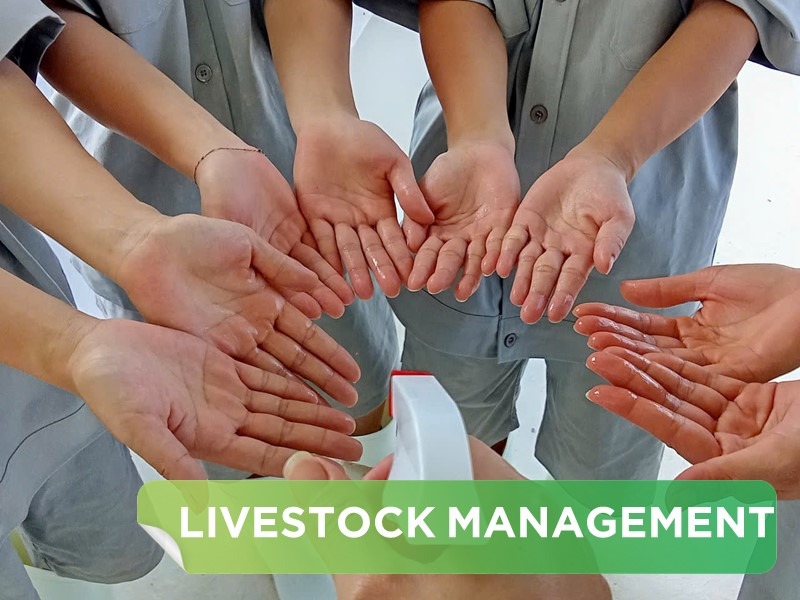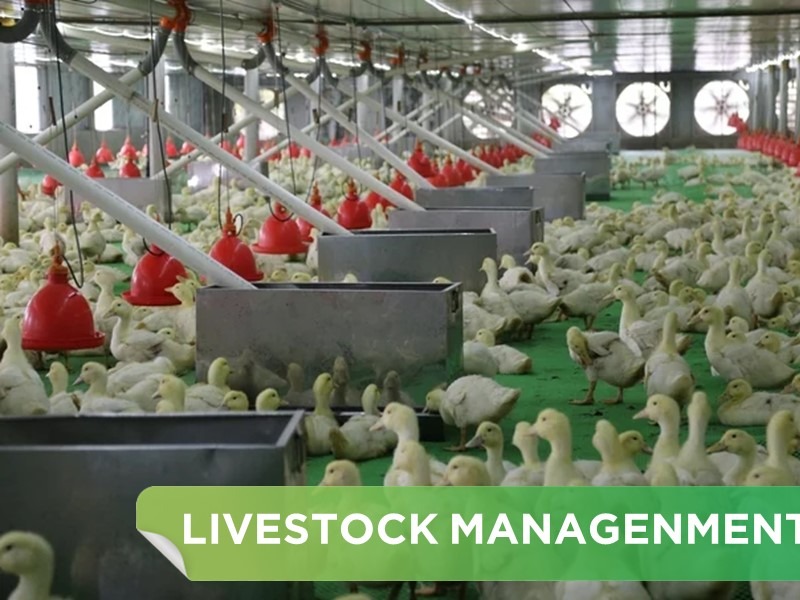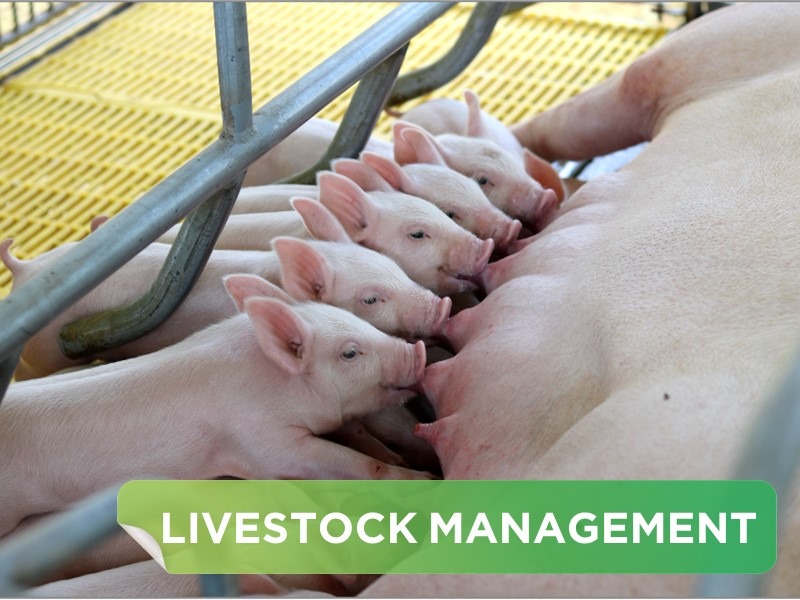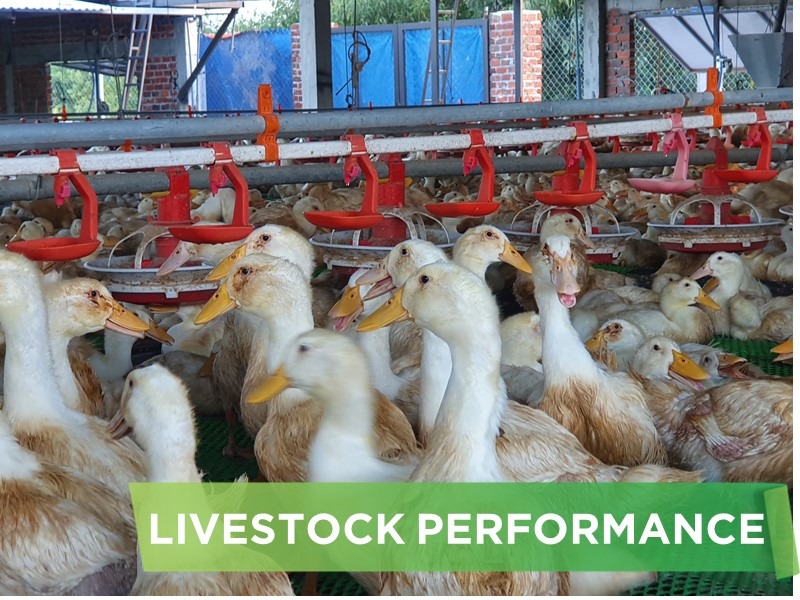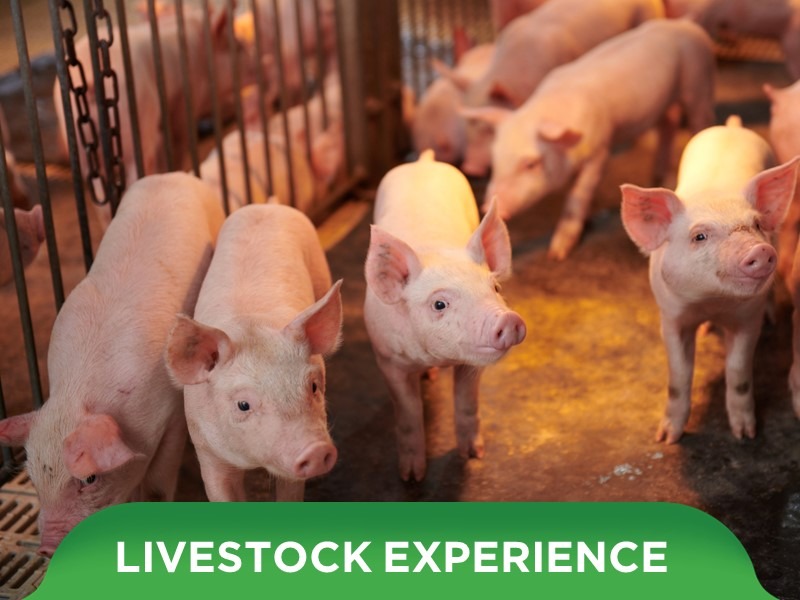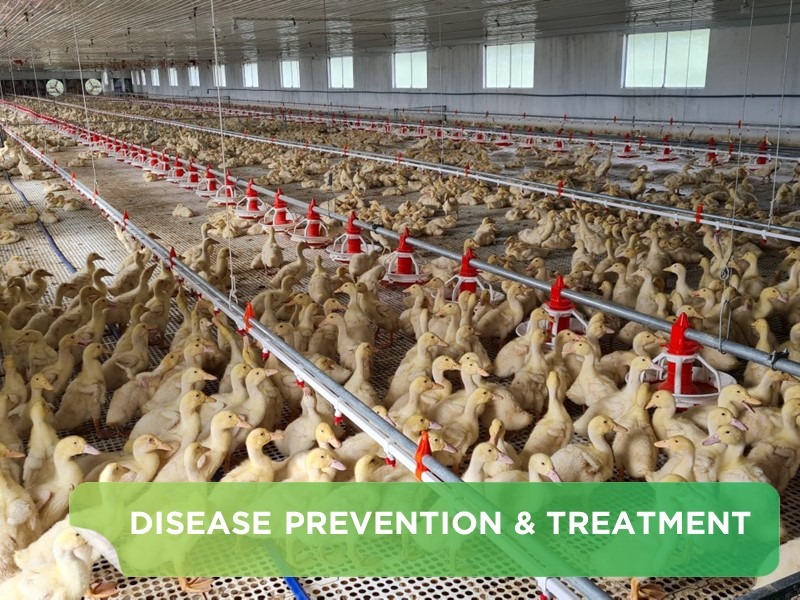Although most chicken deaths occur in the first week of the broiler's life cycle, the mortality rate will gradually increase until the end of the rearing period. In particular, chicken deaths in the final stage are considered a great loss when the breeder loses the value of the chicken itself, as well as the cost of feed and investment costs to raise chickens. This article will guide breeders on how to control the mortality rate of chickens in the stage of being ready to sell to the lowest level to protect the breeding results and optimize profits.
1) Commercial value of broiler chickens?
Chicken meat contains a lot of vitamins A, E, C, B1, B2, PP and minerals calcium, phosphorus, iron, so it has the effect of replenishing nutrients, supporting the body to effectively fight cancer. Chicken meat contains high levels of beta-carotene, lycopene, retinol, alpha, all of which are derivatives of vitamin A, which have the effect of improving eyesight. Thanks to the nutritional value that chicken meat brings to human health, the commercial value of broiler chickens is also enhanced and brings economic benefits to many farming households.
To achieve full profit after a sale period, farmers must limit the mortality rate at each stage to the lowest level. In particular, the mortality rate of chickens at the stage of being about to be sold is considered a great loss when farmers lose the value of the chicken itself and the cost of feed and investment costs to raise chickens.
This article will guide farmers on how to control the mortality rate of chickens at the stage of being about to be sold to the lowest level to protect farming results and optimize profits.
2) How to control the mortality rate of broiler chickens at the finishing stage
Notes to help limit the mortality rate of broiler chickens at the finishing stage:
• Monitor and control heat stress
• Adjust the stocking density
• Adjust humidity
• Adjust wind speed
• Control the problem of chickens having difficulty moving and exercising
• Minimize daily stress
• Control disease status
Broilers need to be checked daily for signs of disease and death, the flock must be familiar with the presence of humans so that they are not easily disturbed and scared. Careful monitoring and control ensure that losses are kept to a minimum.
Monitor and control heat stress
• As chickens get older, they need lower environmental temperatures. Optimum temperature is 22-28 degrees C
• Before 5 to 6 weeks of age, broilers are comfortable with an ambient temperature that drops from an initial brooding temperature of 34 degrees C to around 22 degrees C. As they mature, ambient temperatures > 28 degrees C are likely to cause heat stress.
• Heat stress mainly affects chickens at 4 weeks of age or older. As they mature, the effects of heat stress increase, and the temperature at which heat stress can occur decreases.
• In addition to increasing mortality, heat stress also negatively affects daily weight gain, feed consumption, feed conversion ratio and meat quality. Even one day of heat stress can increase mortality.
Adjusting the density of livestock distribution:
• Chickens at this stage should be kept at a density of 7-8 birds/m² in open cages (10 birds/m2 in closed cages) and raised at a density of 1-3m²/bird
• Density of food and water distribution:
|
Feeding trough |
Number of chickens/trough |
Drinking trough |
Number of chickens/trough |
|
Automatic trough |
8-10 |
Automatic trough |
40-50 |
|
Bell trough |
60-80 |
P50 hanging trough |
25-30 |
|
8 liter Galloon trough |
35-40 |
Long trough |
5-6cm/chicken |
|
Long trough |
2-3cm/chicken |
|
|
Humidity control: Maintain appropriate humidity of 50-70%
Wind speed control: 1.75-2.5m/s
Controlling the problem of chickens having difficulty in moving and exercising:
• Chickens often have difficulty while they move, exercise and this risk increases with the growth of their body weight, which can lead to increased mortality. To control the problem of weak legs, poor mobility, consider assessing the quality of the floor and adjust if necessary.
• Flooring materials should not be wet.
Minimize daily stress:
• Ensure that animals have enough space in the house with appropriate space around feeders and drinkers.
• Familiarize animals with human presence and noise to reduce fear and agitation.
• Check the feed, water and ventilation systems every day to ensure all are working properly.
• Consider adding additional nutrients to your feed program to boost your broiler’s immune system and stress tolerance.
Consider supplementing your diet to boost your broiler’s immune system and ability to handle stress.
Stress can make broilers more susceptible to heart rhythm disturbances, edema disease, and other problems.
Control disease: Multiple infections from multiple sources have a cumulative effect on the animal and can lead to death. Anything that may adversely affect the health of the animal should be avoided. To minimize mortality from disease, the following precautions should be taken:
• Introduce chickens into the broiler house at the same time as other chickens of the same age and from the same flock.
• Keep feeding and watering equipment clean and free of mold and algae.
• Implement biosecurity procedures to protect the flock from contact with other flocks.
• Check daily for signs of disease and dead chickens. In addition, stand or sit and keep quiet in the coop to let the chickens stabilize and check for any unusual breathing sounds from the chickens.
• Quickly report when the mortality rate increases and take dead or culled chickens for diagnosis.
Conclusion:
Raising commercial broilers brings a lot of profit to the farmer, however, to avoid unnecessary losses, it is advisable to regularly follow the above notes to help control the mortality rate of chickens at the key stage, protect the results of farming and optimize profits.
